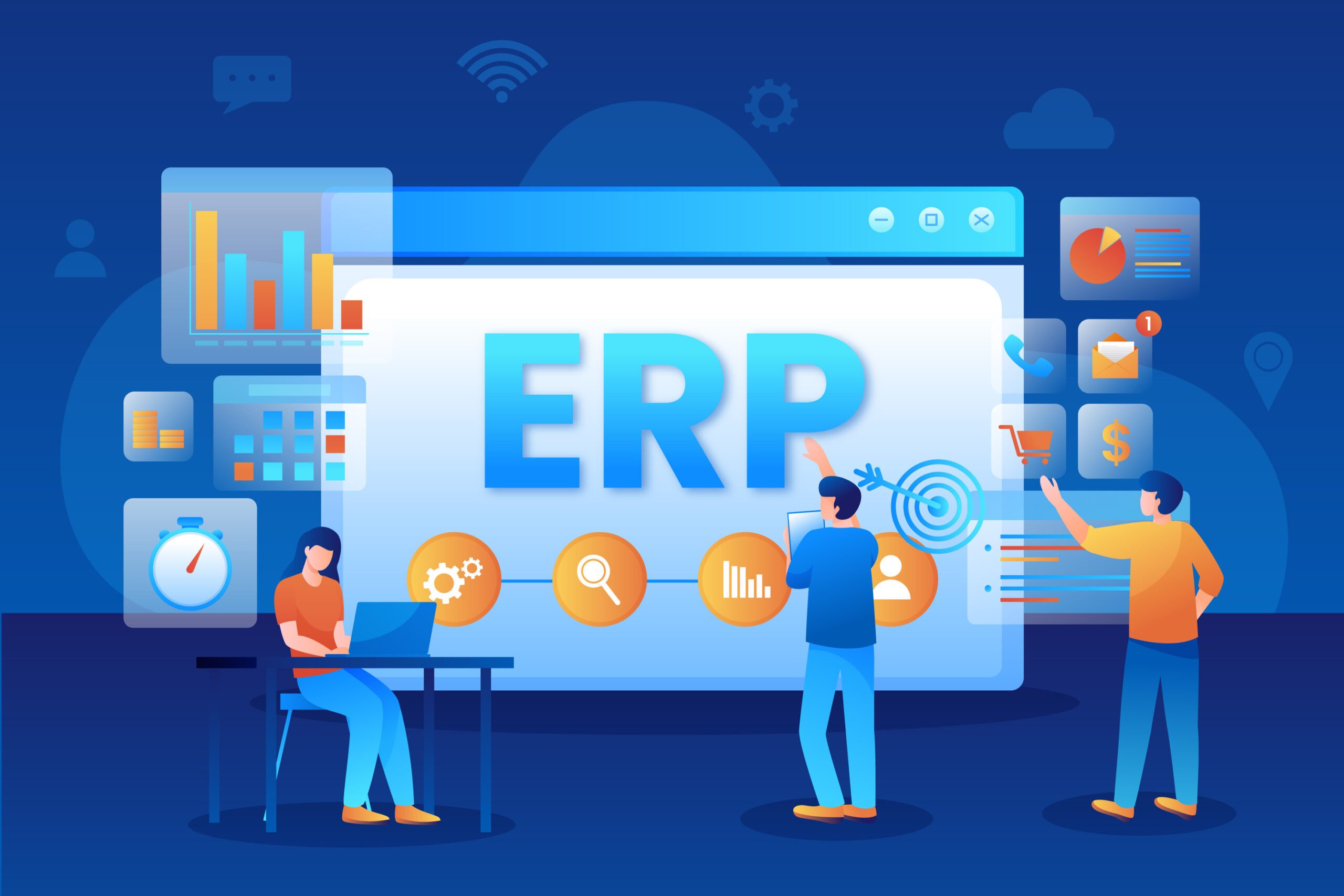In the current world, Quality Management ERP systems have become a vital tool in handling various enterprises especially, in the dynamic Middle Eastern country such as the UAE. As more companies across the UAE seek to sustain competitive advantages within various industries, improving ERP software in uae systems remains vital. Below are ten ideas to improve ERP in the UAE as well as to make sure the improvements fit well into the context of the UAE market and the development of businesses in this region:
1. Localization and Compliance:
To specify the advancements made in the UAE for Quality Management systems, we have to give emphasis to localization. This may include changing Best ERP Platform in the United Arab Emirates configurations to fit local business cultures, language, and laws in the country. The UAE has its own compliance and regulatory requirements, which are specific for various businesses, for example, the Value Added Tax and Labor Laws that have to be implemented in ERP systems. It is crucial to identify if your chosen ERP solution is equipped to manage Arabic language interfaces, GAAP-compliant accounting, and local laws governing the UAE.
2. Cloud-Based ERP Solutions:
Implementing cloud-based Quality Management ERP solutions can make a difference in increasing flexibility, scalability, and availability for enterprises in the UAE. It enables remote working, mobility and work away from the office since users can access their data and applications through the Top quality Management software systems. This is especially helpful in the UAE as various companies may have branches in different cities or regions and require coordination. This also eliminates the need for the organization to invest in new hardware, and the cloud solutions also do not require any form of additional initial investments and come with automatic updates.
3. Enhanced Data Security:
The challenge of data protection is well-known to companies all over the world, and the United Arab Emirates is no different. The improvement of Quality Management ERP systems, through proper encryption, multi-factor authentication, and security auditing practices can help to prevent leakage of critical business data. Adopting the GDPR standard can also protect UAE businesses’ clients’ data and minimize potential fines. Hence, it is crucial for organizations to prioritize data security as this can increase their credibility with their clientele and other partners. Buy the Best Quality Management Solutions for the protection of data.
4. Artificial Intelligence and Machine Learning Integration:
Implementing AI and ML into Quality Management systems can change organizational dynamics. These technologies can help in improving the aspects of predictive analysis, automation of other tasks, and the overall understanding of business processes. For instance, AI can predict demand, manage supply chains, and enhance customer experience by offering chat support.
5. Mobile ERP Applications:
With the current shift towards mobility, using mobile ERP Software dubai applications can provide a boost to performance and adaptability. Mobile ERP Quality Management applications enable users to execute essential business processes from their mobile devices, including sales, inventories, and financial statements. In the UAE, organizations are frequently situated in different sites and zones and therefore mobile ERP application ensures that decision makers have immediate access to such information and this makes organizations more responsive and flexible.
6. Integration with IoT Devices:
Internet of Things or IoT is transforming different industries by interconnecting devices and making real time data capture and analysis possible. The combination of ERP Software uae systems and IoT devices can offer organizations in the UAE better oversight of their processes. For example, IoT sensors can be used to detect the condition of the equipment, identify the supply levels of stocks and enhance supply chain. These can also mean improved work flow, lesser time out of operations, and enhanced resource management.
7. Advanced Analytics and Reporting:
Improving Quality Management ERP systems with features for analytics and reporting can assist companies in the UAE in discovering strategic insights. Businesses can leverage tools like Business Intelligence (BI) dashboards and real-time reporting to achieve better understanding of their business processes, patterns, and prognosis of the future performance. It can also be used in finding out the areas where there are problems and opportunities for optimization through enhanced business performance.
8. Customization and Scalability:
With the changing needs of the businesses in the UAE, Quality Management ERP solution must be adaptable and expandable to accommodate change. When selecting and installing the best ERP Software in dubai solutions, one should choose those that may easily be adapted to certain business requirements, without having to undergo major changes. Another aspect is scalability, which is a feature of the ERP system that helps it adapt to new loads and support business growth.
9. User Training and Support:
It is imperative for organizations to provide adequate training and support to users to fully realize the impact of ERP systems. It is imperative that the employees working in the organization have adequate skills in the usage of the ERP system to proper use of the system. Employee awareness of new features and expectations of how the new software should be used can be achieved through training sessions, user guides, and help desk services. Employees living abroad are common in the UAE organizations, having training materials translated into multiple languages increases the reach and utility.
10. Sustainability and Green IT:
The practice of sustainability in business is gradually gaining more popularity globally and in the UAE as well. Integration of the elements that can support sustainability into the ERP systems can assist organizations in managing their environmental impacts. For instance, it is possible to use ERP systems to measure the amount of energy used, the rate of waste produced and the most efficient way of using resources.
Conclusion:
Improving ERP systems is a key focus area for organizations in the UAE due to the rapid growth of the economy and increased uncertainties in the market. Thus, by concentrating on localization, cloud, data security and AI integration, mobile application, IoT, advanced analytics, customization, user training, and green IT, the ERP systems can be enhanced greatly. These improvements do not only contribute to operational effectiveness and market viability but also help to prepare businesses for sustainable development in the UAE market that is constantly undergoing changes.








